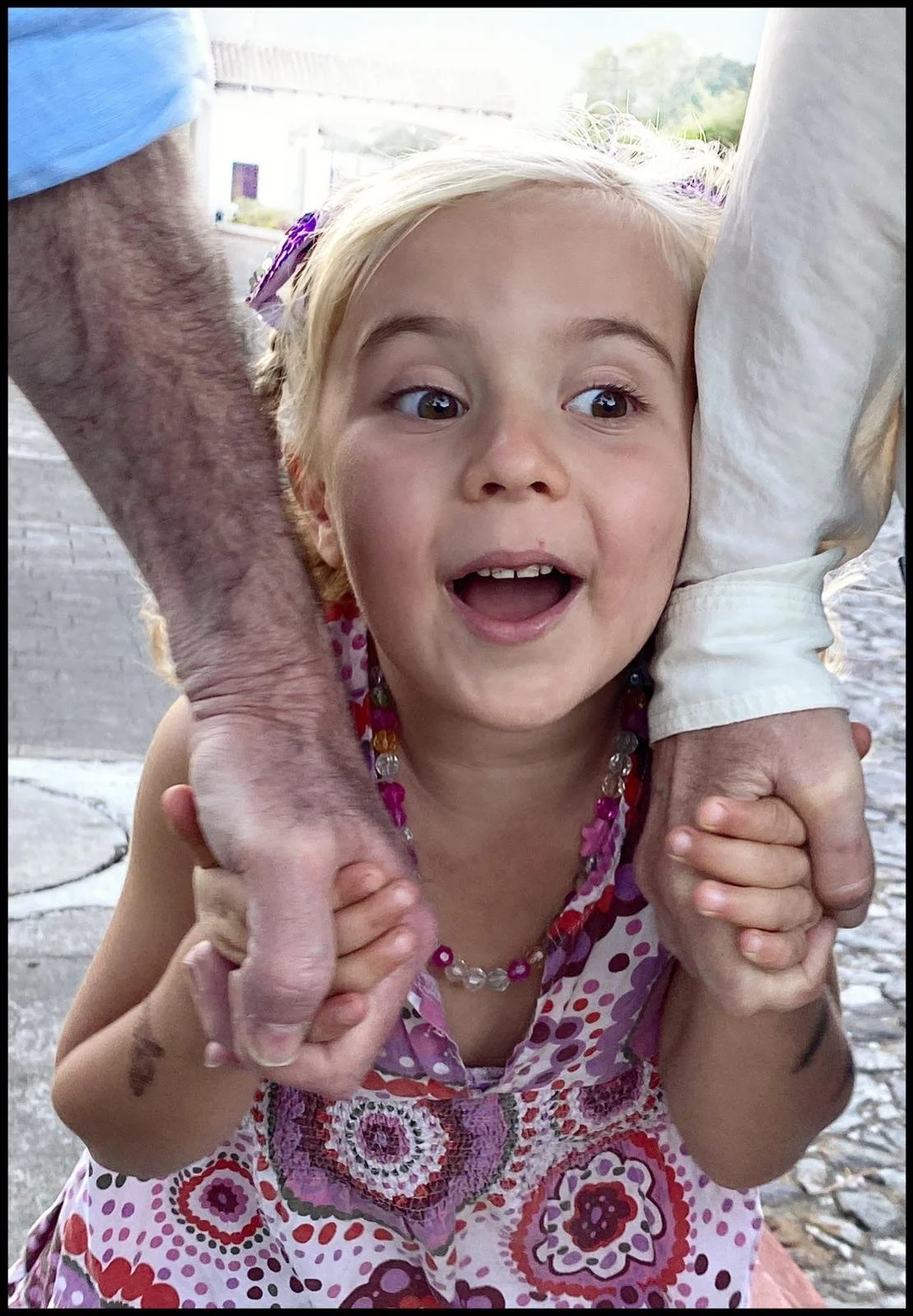The Accountability Trap
There’s this pattern I’ve noticed—this dynamic between people who avoid taking accountability for their actions and how it keeps them stuck, unable to forgive themselves or move on. They can’t own up to their mistakes, and in doing so, they trap themselves in an endless loop of guilt and blame. And they don’t even realize it.
At its core, this is about accountability and self-forgiveness—or the lack thereof. When we struggle to take accountability for our actions, it creates an impasse. Blame gets externalized, which temporarily deflects shame, but leaves something unresolved internally. The chapter doesn’t close. The wound festers. And because the responsibility has been placed elsewhere, there’s no closure, no way to heal.
I’ve seen this dynamic up close: I’m not immune to it. Recently, a miscommunication spiraled into a bigger mess than it needed to be. In the moment, I caught myself scrambling to frame the situation so I didn’t feel at fault. It wasn’t all my doing, after all. I wanted to go into blame mode. There were other factors, other people, circumstances at play. Right?
And here I was, watching this unfold for what felt like the 200th time, wondering, Why can’t I just move on? I see people who have mastered a different loop: you screw up, you own it, you say sorry, you take the lesson, and you let it go. Clean, efficient, and liberating.
Even as I tried to dodge that internal I fucked up, I noticed something else creeping in—a low-level guilt that wouldn’t go away. Blame-shifting didn’t save me from discomfort; it just left me in this unresolved limbo. It wasn’t until I took a breath, admitted my part (even just to myself), and owned the mistake that I felt some relief.
When we sidestep accountability we don’t erase the fallout—we just marinate in it. Blame-shifting might soften the initial sting, but it leaves the guilt unprocessed, unfinished and amplified in the long run. The guilt lingers, sometimes unnoticed, keeping us stuck, replaying the mistake and unable to forgive ourselves.
The self-serving bias explains how we deflect blame to protect our self-image. Ironically, this backfires when it blocks us from fully processing the mistake. Accountability might feel unbearable, like admitting fault might crack open something too painful to face. But avoiding it doesn’t actually save us from guilt; it keeps us stuck in it. Without accountability, we lose our ability to create or destroy. We become passive, acted upon, rather than an active participant in our lives.
It’s almost instinctual—“It wasn’t me; it was the situation.” But if we don’t own the mistake, we can’t process it. If we can’t process it, we can’t forgive ourselves. Instead of resolution, we stay trapped in a cycle of blame, guilt, and shame.
Shame is at the heart of this. When we avoid accountability, it’s often because we’re afraid it’ll confirm something dark: I’m bad. I’m not enough. Shame isn’t just about what we did; it’s about who we think we are. Owning up feels like stepping into the fire, so we avoid it. But the fire doesn’t go away—it burns us from the inside.
This is the classic shame vs. guilt distinction: guilt says, I did something bad, while shame whispers, I am bad. Accountability feels like stepping into shame—it threatens our identity, our worth. Avoiding it keeps us stuck in that unresolved loop. We stay frozen, passive, unable to prove the shame wrong.
I’ve learned (mostly through trial and error) how to separate my mistakes from my worth. I can fuck up—sometimes spectacularly—feel sorry, apologize, take the lesson, and move on. Owning the mistake doesn’t break me; it frees me. But I understand why it’s hard. Accountability feels like a trap. It threatens our sense of self. But avoiding it keeps us stuck in guilt.
This inability to take accountability creates a vicious cycle. Without owning the issue, there’s no resolution. Without resolution, there’s no self-forgiveness. And without forgiveness? Repeat. It’s exhausting to witness, let alone live.
What I’m seeing isn’t unique—it’s human. And it makes me wonder: What would happen if we got a little better at saying, I screwed up? What would happen if we could separate our mistakes from our worth?
Accountability is liberation, not a trap. The real trap is avoiding it.
Are you interested in working on your personal development? Are you looking for a life coach or a life consultant? Are you feeling stagnant? Do you want to jumpstart change?
My transformational approach is a process where awareness, alignment, and action work together as catalysts to create momentum for change.
*Awareness is knowing what you genuinely want and need.
*Alignment is the symmetry between our values and our actions. It means our inner and outer worlds match.
*Action is when you are conscious that what you say, do and think are in harmony with your values.
Together we build an understanding of what you want to accomplish, and delve deeply into building awareness around any thoughts and assumptions that you may already have. To truly transform your life, I will empower you to rethink what’s possible for you.
__
Learn more about my approach to life consulting and relationship coaching here or get in touch for your free 30-minute consultation here! Don’t forget to follow along @LilyManne on social for more regular updates!


